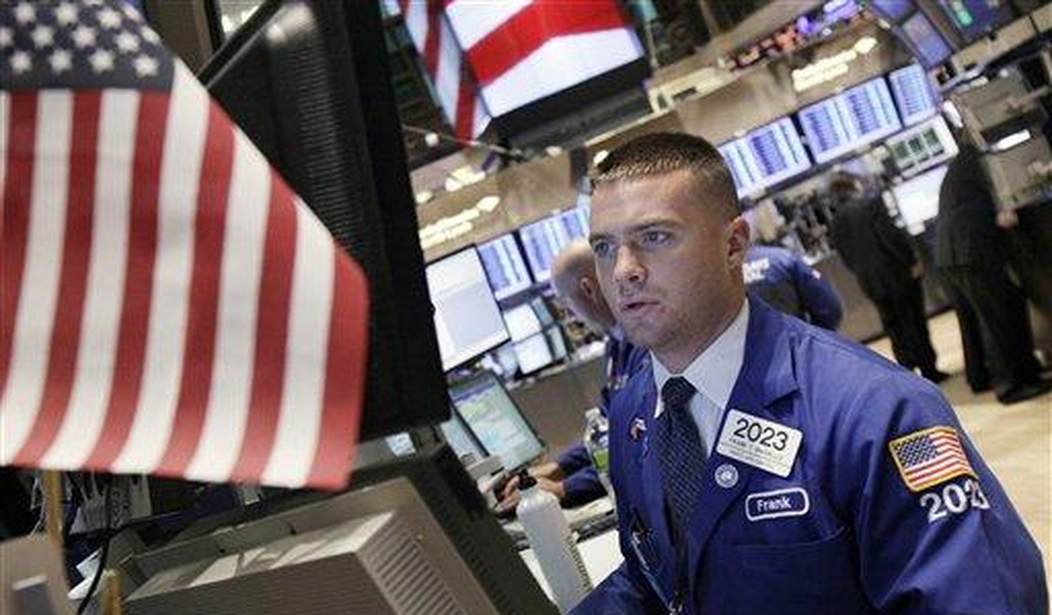After Tuesday's release of the February Consumer Price Index (CPI) showed core inflation accelerating past expectations, the Producer Price Index (PPI) — measuring inflation upstream from consumers — showed some better-looking numbers.
Month-over-month, PPI inflation decreased by a narrow -0.1 percent but remains at a hot 4.6 percent over the previous 12 months. Core PPI — excluding food, energy, and trade services — however, still ticked up 0.2 percent and remains up 4.4 percent over the past year.
Wall Street, however, did not rally on the lower-than-expected PPI data due to a worse-than-expected retail sales number and a dip in manufacturing. Instead, markets took a dive on Wednesday morning.
House Ways and Means Committee Chairman Jason Smith (R-MO) said February's PPI report shows why there are still "higher prices for families under President Biden's failed economic policies."
"Democrats are threatening a new $650 billion small business surtax hike on owner-operated small businesses," Chairman Smith warned, in addition to "$77 billion in death taxes that will break up family farms, ranches, and other generational businesses" along with "a new $37 billion tax hike on energy producers that will raise energy prices even further."
Main Street businesses face 4.6 percent increases in wholesale prices from last year, and under the President’s latest budget proposal, they face $1.8 trillion in tax increases. My statement: pic.twitter.com/rJV2dFtBnv
— Rep. Jason Smith (@RepJasonSmith) March 15, 2023
Recommended
"Haven't small businesses been through enough?" Smith asked before saying the House's GOP majority is putting small business "voices first in developing our economic policies – while the White House ignores them in favor of brutal new taxes to fund more welfare for the wealthy."
Alfredo Ortiz — who leads the Job Creators Network as its president and CEO — noted that the wholesale prices seen in Wednesday's report "remain elevated due to two years of reckless spending by the Biden administration and congressional Democrats."
Citing "the collapse of Silicon Valley Bank and the broader turmoil in the banking sector," Ortiz predicted that "the Federal Reserve will be forced to ease up on rate hikes" and said it's now on Congress to "pick up the inflation fight by passing commonsense, pro-growth policies that reduce runaway prices." Basically, the opposite of President Biden's budget for FY2024 that "would only make matters worse through even more deficit spending and tax hikes on small businesses," Ortiz said.
The Federal Reserve meets next week and will have to consider the largest bank collapse since 2008, higher than expected consumer inflation, a jobs report, and a slightly better-than-expected producer inflation report.
When Fed Chairman Jerome Powell testified before Congress earlier this month, he said he would consider those data points when the Federal Open Market Committee (FOMC) decides what to do with rates. Powell suggested that the Fed was prepared and expecting to raise rates higher than previous estimates and do so on a more aggressive basis.
Since Powell's testimony, however, Silicon Valley Bank and Signature Bank failed, PPI came in lower, and retail sales fell along with manufacturing making it easier for the Fed to justify being less aggressive — but backing off .75 basis point increases in 2022 seems to have been premature. We'll have to wait until next week to find out whether the Fed got spooked by recent developments.

























Join the conversation as a VIP Member